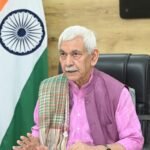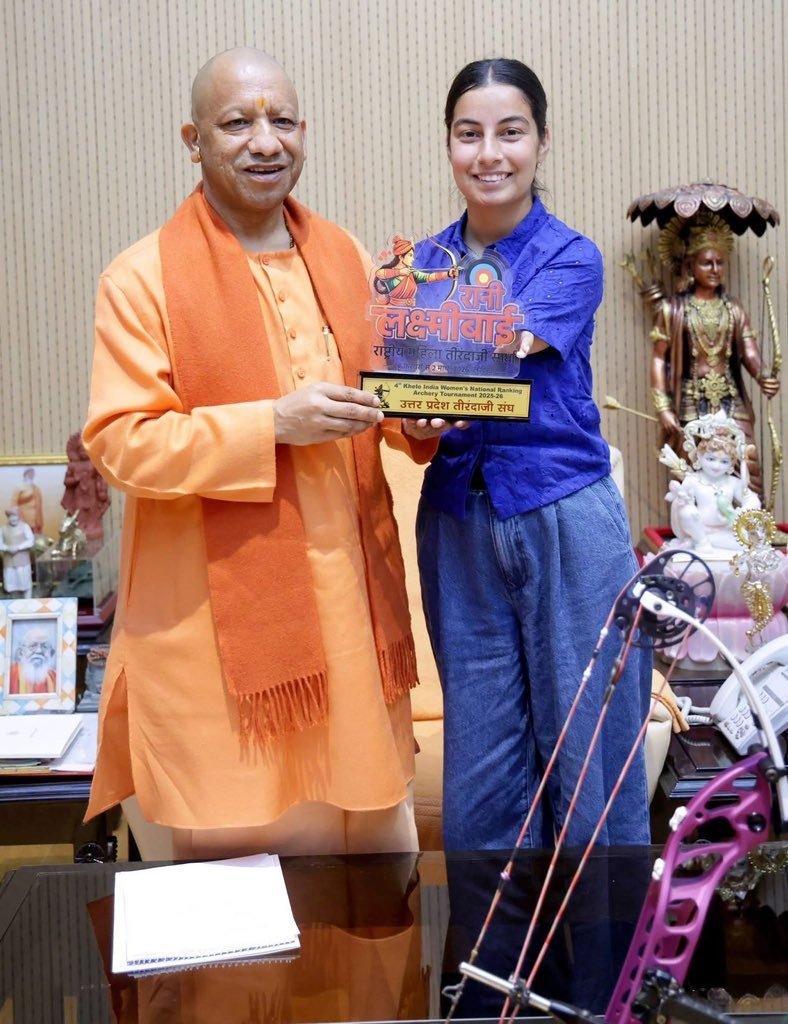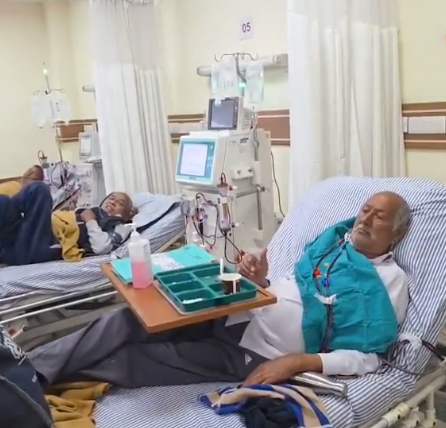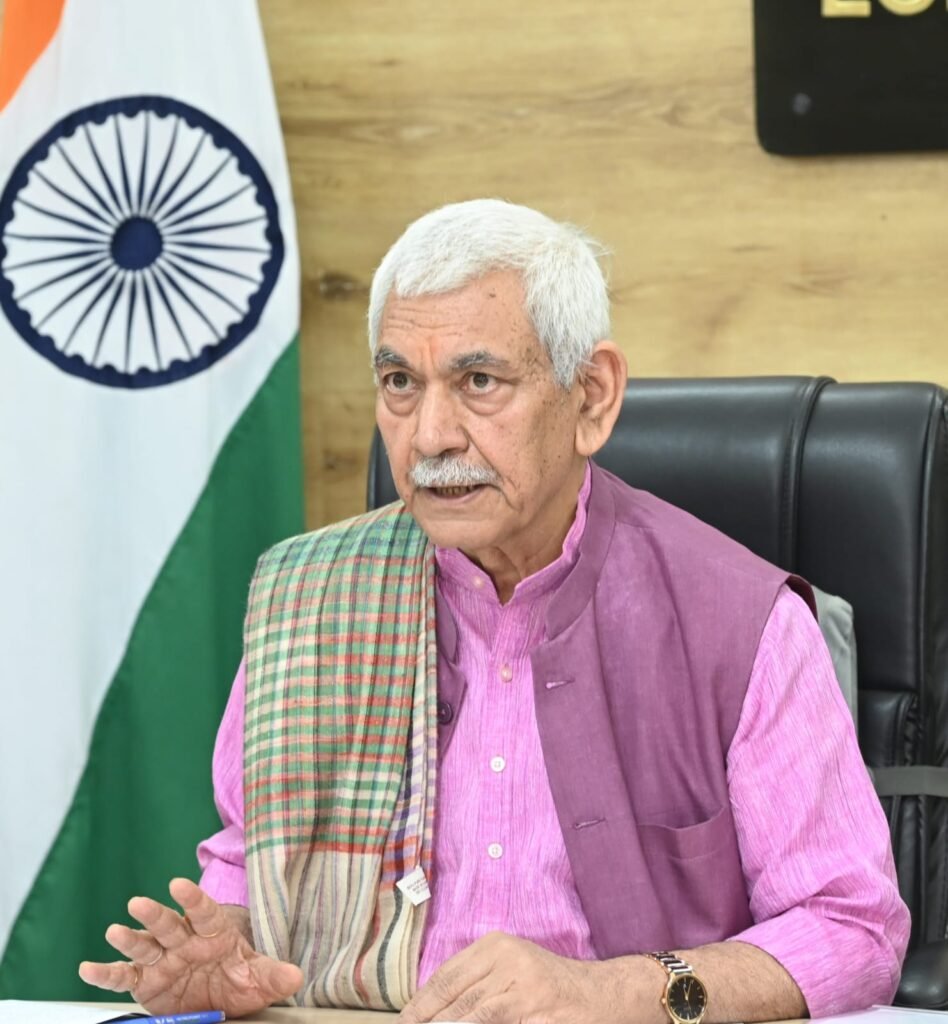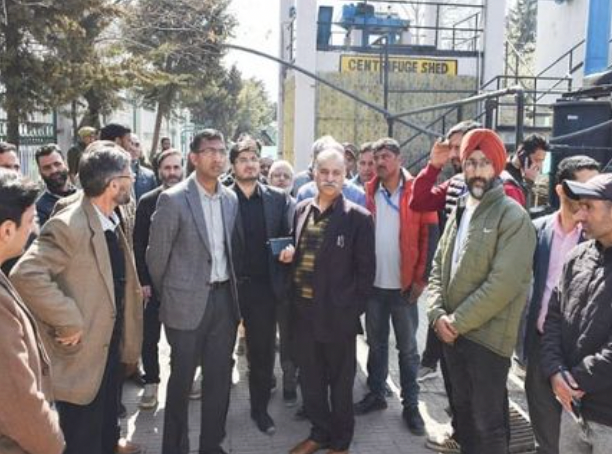Kashmir , April 28, 2025 – In a decisive move to counter cross-border misinformation, the Government of India has banned 16 Pakistani YouTube channels, including prominent outlets like Dawn News, Samaa TV, Ary News, and Geo News, for disseminating fake news and communally sensitive content. The action, recommended by the Ministry of Home Affairs (MHA), comes in the wake of the Pahalgam terror attack on April 22, 2025, which killed 26 people, including 25 tourists and a local hero, Syed Adil Hussain Shah, escalating India-Pakistan tensions.
The banned channels, with a combined subscriber base of 63 million, were accused of spreading provocative narratives, false claims, and misinformation targeting India, its armed forces, and security agencies, particularly in connection with the Pahalgam attack in Anantnag district, Jammu and Kashmir. Government sources cited their role in fueling communal discord and undermining national security, prompting swift action under national security provisions. Users in India attempting to access these channels now encounter a notification stating that the content is unavailable due to a government order.
The crackdown extends beyond news outlets to individual channels run by Pakistani journalists, including Irshad Bhatti, Asma Shirazi, Umar Cheema, and Muneeb Farooq, known for inflammatory commentary. The ban is part of a broader strategy to curb cross-border propaganda, with the National Investigation Agency (NIA) probing the attack’s links to Lashkar-e-Taiba and local operative Adil Hussain Thokar. The MHA also issued an advisory to Indian media to avoid amplifying misleading narratives.
The Pahalgam attack, one of the deadliest in the Kashmir Valley since 2019, has intensified diplomatic and military frictions. India responded with punitive measures, including suspending the Indus Waters Treaty, closing the Attari-Wagah border, canceling the SAARC Visa Exemption Scheme for Pakistani nationals, and expelling Pakistan’s military attaches from New Delhi. These steps, announced by the Cabinet Committee on Security (CCS) led by Prime Minister Narendra Modi, reflect India’s zero-tolerance policy toward terrorism and its enablers.
The ban on YouTube channels follows reports of fake news circulating on platforms like WhatsApp and X, including a debunked claim about the Army Welfare Fund and a video falsely depicting Indian Army officials refusing to fight Pakistan. The Ministry of Defence issued clarifications to counter such narratives, while the Jammu and Kashmir Legislative Assembly condemned the attack, observing a two-minute silence to honor the victims.
Global reactions have been mixed, with the United States urging a “responsible solution” and China calling for restraint, while Pakistan’s Prime Minister Shehbaz Sharif proposed a “neutral probe” into the attack, a suggestion dismissed by Indian leaders like Omar Abdullah. The ban has sparked debates on freedom of expression, with critics arguing it risks stifling legitimate voices, while supporters view it as a necessary step to protect public order amid heightened tensions.
As India strengthens its cybersecurity measures, including monitoring social media for propaganda, the ban signals a robust response to cross-border misinformation. The government’s actions, coupled with ongoing NIA investigations, aim to deter further destabilization efforts, reinforcing India’s resolve to safeguard its sovereignty and unity in the face of terrorism.



